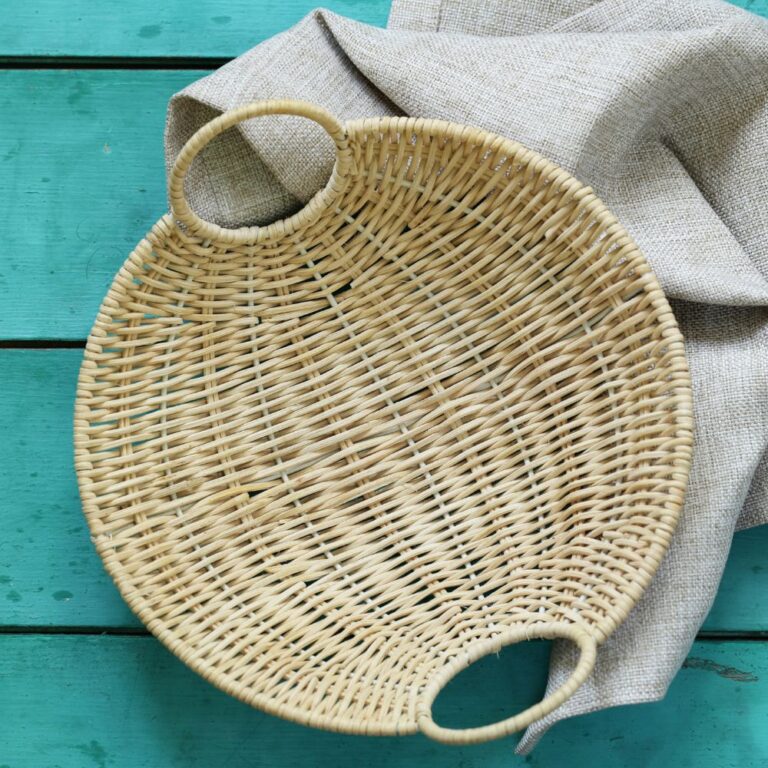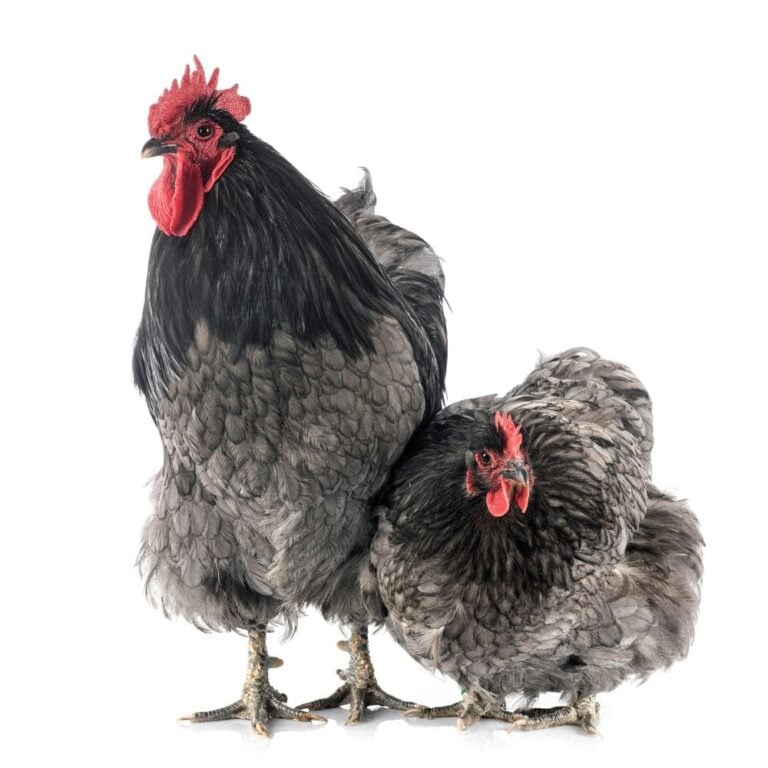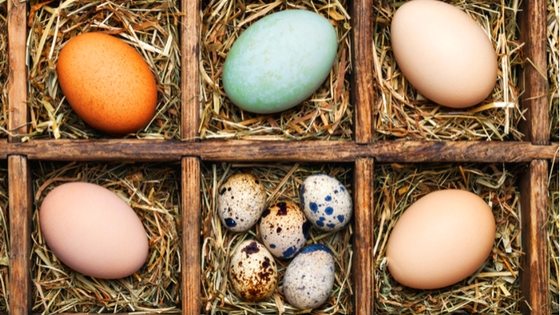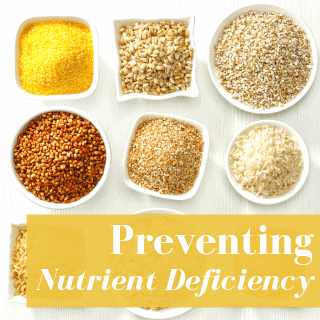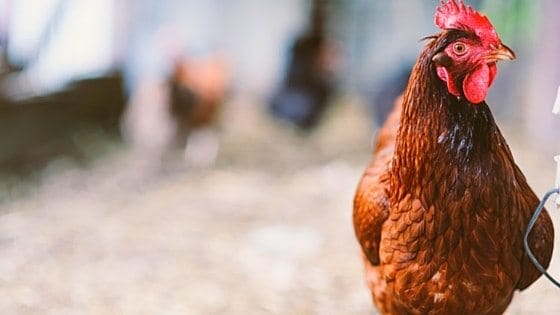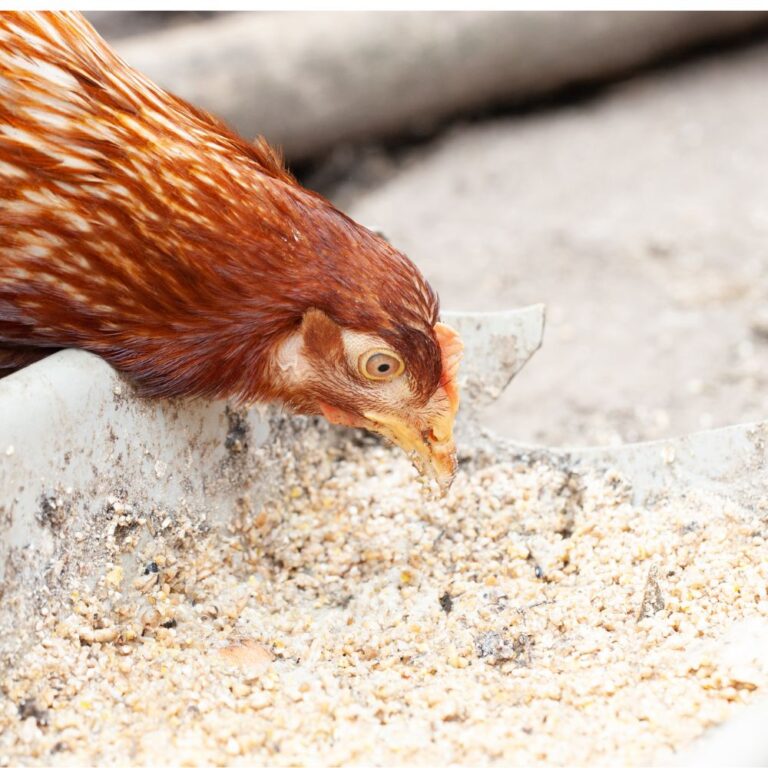On our farm we’ve hatched a lot of eggs, and now know the best incubator will track both the temperature and humidity. But that’s not all there is to discovering the perfect incubator to hatch chicks. There are various types of chicken egg incubators for sale out there that range from basic to fully automatic.
Choosing the best incubator for your particular situation and budget is an important step to ensure a successful hatch.
In this article, you’ll learn about the available products on the market, and possibly discover the best incubator for your flock. You’ll also find basic tips to successfully hatch tiny quail eggs to chicken eggs to large goose and duck eggs.
What’s the best incubator to buy?
These are our choices for the best incubators for small, medium and large hatch sizes:
Best incubator for chicken eggs rated by size
Small – as a beginner, it’s worth starting with smaller units. They’re budget friendly and hatch just a few eggs. Nothing is worse than an unsuccessful hatch where you need to throw out 50+ half-developed chicken eggs. When starting, most people only need a single small incubator which holds 7 eggs. This is our pick: Brinsea Mini Advance Hatching Egg Incubator (this is a Brinsea manual egg incubator)
You can also check the customer comments for an honest 7 egg incubator review of this Brinsea product sold on Amazon.
Medium – as you scale up and improve you can move onto more complicated bigger units like ones that can hold 50+ eggs. You’ll also want a dedicated digital thermometer and humidity reader, along with an automatic egg turner.
This is our pick:
You can read our Brinsea Ovation 56 ex review here.
Large – if you’re ready to scale up and start hatching backyard chicken eggs to sell chicks professionally (or just want a really, really big flock), then large systems that can hold 400 or more eggs are ideal.
This is our pick for the best cabinet incubator
Best fully automatic egg incubator
For your egg incubator 2019 options, we’ve listed the best options below.
Runners up (You can buy these incubators on Amazon, Tractor Supply, or sometimes at Walmart):
Best Incubator For Goose Eggs
Goose eggs can be large, so the cups must hold the eggs securely and safely. Similarly, it also must have enough room for the goslings (which can be quite large) so they won’t be burnt by the heating element. If you’re using a forced air incubator, you need to make sure there’s enough clearance around the fan, as well.
Best Incubator For Quail Eggs
Since these eggs are so tiny, the best incubator for quail eggs must include turners that safely turn the eggs, as well as safety features so the chicks don’t get caught in the heating element or a forced-air fan if you’re using one.
Best Duck Egg Incubator
Ducks can be fairly large, and so to accommodate this, the best duck egg incubator should have cups that hold the eggs securely and safely.
Where can I buy an incubator?
If you’re looking for a chicken incubator for sale, you have quite a few options. Our favorite places to buy them are Tractor Supply, Amazon, and Walmart (although Amazon gives the best and most reliable selection).
How much does egg incubator cost?
You can pay anything from $50 to several thousand dollars – it just depends on the make, model, and how many bells and whistles the incubator has. A fully automatic incubator that’ll hatch 50 eggs costs approximately $500. If you want to professionally hatch eggs, you’ll probably pay $2,000 – $3,000.
A starter egg incubator price can range from $50 to a couple hundred, but that’s for a very basic styrofoam model that doesn’t include any automatic turners or forced air elements. If you don’t mind manually turning the chicken eggs yourself 3 to 5 times a day, then these budget incubators might be for you.
While pretty inexpensive, the downside to these incubators is that the temperature can fluctuate quickly. You’ll need a digital thermometer and humidity reader, and you’ll have to keep an eye on it.
That being said, we’ve had successes in hatching chicken using this type of incubator and we recommend using a Little Giant incubator.
We’ve also used a $500 incubator that’s fully automatic with a forced air fan.
It was much easier to use since it’s basically a “set and forget it” incubator with a digital thermometer that automatically tracked the temperature.
If the temp inside the incubator got too hot or cold, it corrected itself. For us, this is the best incubator because we don’t need to worry about whether the conditions are optimal for our hatch.
If you want to be a professional and hatch chickens for a living, then investing in a large scale incubator – which could set you back $2,000 or more – would work best. Take note that you would need an NPIP certification if you want to ship chicks in the mail commercially.
How does an incubator work?
An egg incubator allows humans to artificially hatch fertilized eggs, usually chicken eggs, by eliminating the external factors that might damage the eggs and prevent it from hatching. It mimics the conditions under a broody hen including ideal temperature, humidity, and ventilation levels. For chicken eggs, this means the ambient temperature inside the incubator will be between 99.5 and 101 degrees Fahrenheit.
Also, the incubator, kind of like the bloom, protects eggs from spoilage and damage, which is not very easy to control in nature.
How do you incubate eggs?
We’ve created a step by step guide on how you can successfully hatch chicken eggs here. If you’re incubating chicken eggs, they’ll take approximately 21 days to hatch. Duck eggs (except Muscovy ducks) need approximately 28 days to hatch. Muscovy duck eggs require 35 days of incubation. For Quail eggs it also varies by breed, the Coturnix quail eggs need 17 days to hatch, while the Bobwhite quail need about 24 days.
It’s best to choose eggs that are fresh – and be sure to NOT choose abnormal eggs because they’re less likely to hatch. Once the chicks are born, you’ll need a waterer, chicken feeder (no waste is best), and brooder to keep them warm.
How warm should an egg incubator be?
The temperature will largely depend on what kinds of eggs you will be incubating. For most domestic poultry, including chicken, duck, goose, or quail eggs, the best egg incubator temperature is between 99.5 degrees F and 101 degrees F. Any warmer or colder, and your eggs might not hatch.
Is it necessary to have an automatic turner?
Having an automatic turner is not necessary, but it is preferred by the best incubator experts and makes life easier. Without it, you’ll need to manually turn the eggs. Be sure that the automatic turner can be removed since it’s not needed for the last few days of egg incubation. You’ll also want to clean and sterilize the turners when your hatch is complete.
When choosing an incubator, the best incubators have turning cups that can accommodate all egg sizes, from tiny quail eggs to goose eggs (which can be quite large).
Is a forced air incubator necessary?
Forced air is not necessary, but it makes maintaining a consistent and ideal temperature much easier which is crucial for successful hatching. The best incubators on the market all used forced air.
We think this is the best incubator in the market that doesn’t used forced air, and it’s one of the best startup incubators if you’re brand new to hatching eggs.
One of my favorite Little Giant Incubator tips is to put a digital thermometer that also tracks humidity inside, right next to your eggs. You’ll easily be able to track the temperature and humidity!
Whether you choose a budget incubator or a professional one that costs thousands, remember that the best incubator is the one that fits your life and lets you hatch chicken eggs successfully!
Maat van Uitert is a backyard chicken and sustainable living expert. She is also the author of Chickens: Naturally Raising A Sustainable Flock, which was a best seller in it’s Amazon category. Maat has been featured on NBC, CBS, AOL Finance, Community Chickens, the Huffington Post, Chickens magazine, Backyard Poultry, and Countryside Magazine. She lives on her farm in Southeast Missouri with her husband, two children, and about a million chickens and ducks. You can follow Maat on Facebook here and Instagram here.

